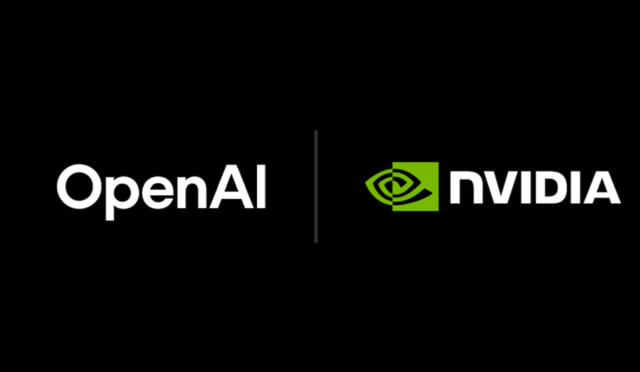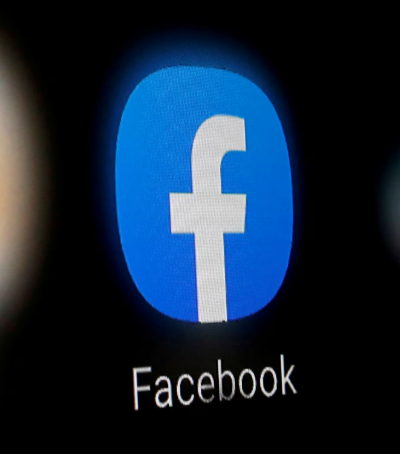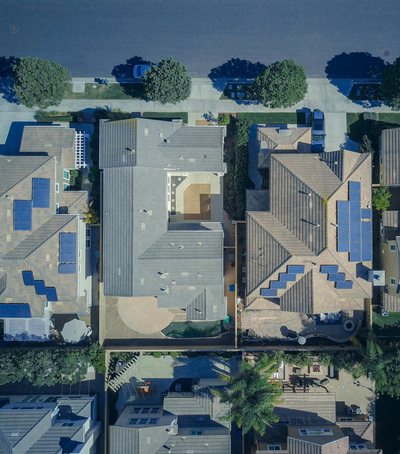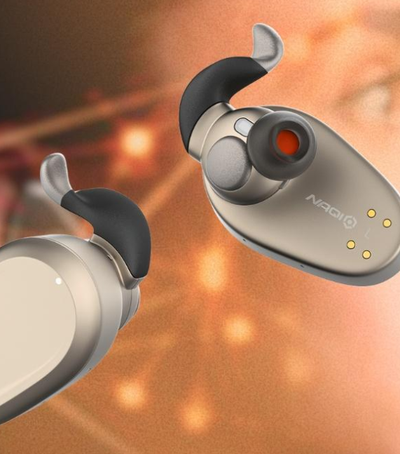
The age of artificial intelligence has given birth to a new economic order, where the most powerful companies in the world are no longer those that produce energy or machinery, but those that own data, algorithms and computing capacity. OpenAI, NVIDIA, Microsoft and Google are leading a revolution that is putting technology back at the centre of global development, shaping what many economists are now calling the “artificial intelligence economy”.
NVIDIA, as the leading manufacturer of graphics chips that power AI supercomputers, has become a symbol of this transformation. OpenAI, with its giant language models, has opened a new era in content creation and the automation of intellectual work. Microsoft, by integrating AI into its products, is turning technology into an everyday tool for businesses and individuals. Meanwhile, Google is orienting development towards search, cloud services and visual intelligence, building an ecosystem that directly affects the global economy.
But this technological revolution also brings a great danger: the concentration of power in the hands of a few companies that own the technology, data and digital infrastructure. New technological monopolies are forming faster than ever, creating a new inequality, not only economic but also intellectual. In a world where control over artificial intelligence means control over markets, information and even public opinion, the biggest question that arises is: who will control those who control the algorithms?
In this era of trillion-dollar AI companies, humanity's real challenge is not just to keep up with the pace of innovation, but to ensure that AI remains at the service of humans – and not the other way around.





